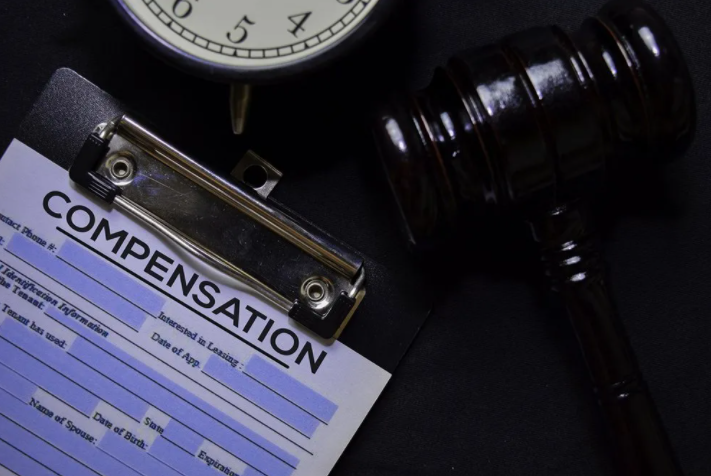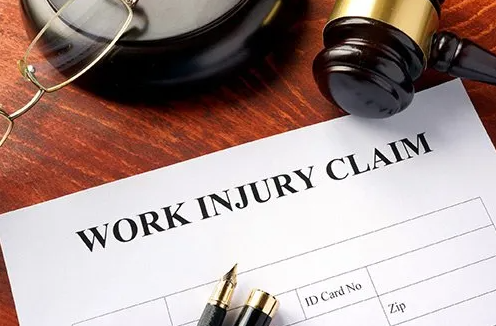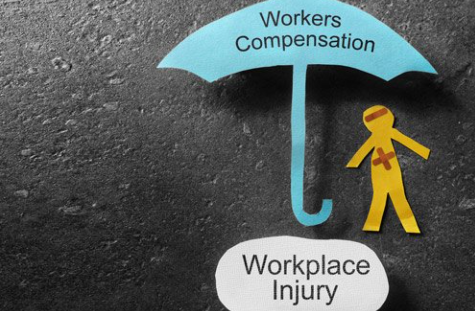Over 30 Years Representing Injured Workers
Blog Layout
5 MISTAKES TO AVOID WHEN FILING A WORKERS' COMPENSATION CLAIM
Admin • October 18, 2018

If you've been injured on the job, in most circumstances, you'll want to file a workers' compensation claim as soon as possible.
Workers' comp, also known as workman's comp, is an insurance program designed to help you receive compensation for medical expenses and lost wages following an injury. Laws vary from state-to-state, but in general, most employers are required to carry workers' compensation insurance.
While the forms and documentation required to file a workers' comp claim are fairly standard, watch out for a few common pitfalls. Here are five mistakes to avoid when filing a workers' compensation claim.
1. Failing to Report Your Injury
Employees who suffer from workplace injuries neglect to report them for a variety of reasons. For example, you might be hesitant to tell your boss about your sore back if you suspect that it was caused by improper lifting on your part.
However, under workers' compensation, you're eligible to receive payment even if you're at fault. You're not required to prove negligence on the part of your employer. There are, of course, exceptions: if your conduct leading to the injury was grossly negligent, your claim may be denied, but for the most part, you're covered regardless of who's to blame.
Another reason that you might not want to report your injury is that you don't think it's serious enough to be concerned about. However, even if your injury doesn't seem like a big deal, you should still report it to your employer and have it examined by a doctor. This includes repetitive stress injuries, like carpal tunnel syndrome.
2. Waiting Too Long to File
No matter where you live, you have a limited amount of time to report an injury to your employer. Virginia places a limit on how long you have to file a claim. If you delay filing, your claim may be denied. The stature of limitations in Virginia is two years from the date of the accident. This means if you were injured in April of 2016, you have until May of 2018 to file your claim.
3. Not Going to the Company Doctor
Your employer may have a specific doctor they require you to see following an injury. This doctor's report will be used to assess your claim, so they need to evaluate you first.
Once you've seen the doctor specified by your employer, you can follow up with your preferred doctor for a second opinion, if you choose. They may see something the first doctor missed, and it never hurts to get a second expert opinion when it comes to your health.
4. Relying on Your Memory
In the process of filing your workers' comp claim, you may be asked to give a recorded statement. The outcome of your claim may hinge on this statement, so you need to be accurate.
Don't rely on your memory — write down your account of the incident soon after it occurs. You should also document the progression of your injuries and record any other way in which your injuries have negatively impacted your life and well-being. Make sure to seek the advice of a personal injury attorney before giving any statements.
5. Not Seeking Legal Help
Many people can complete workers' compensation process without the help of an attorney. However, if you feel like you're in over your head, keep in mind that many workers' compensation attorneys offer free consultations.
If you have any reason to suspect that you're not fully compensated for your injuries, or if your employer is actively fighting your claim, you should contact an attorney right away.
Contact The Law Offices of Jeffrey M. Greenberg
for a free consultation.
By Admin
•
April 28, 2020
If you suffer an injury at work, you should report the injury to your employer as soon as possible. Learn why the timing is important.
By Admin
•
March 5, 2020
Construction injuries can often be serious. Learn about three ways construction workers can reduce their chances of injury on the job.
By Admin
•
November 4, 2019
If you are injured at work, you should be aware of work capacity after a work-related injury so you can prepare yourself. Learn more.
THE LAW OFFICES OF JEFFREY M. GREENBERG
IN BUSINESS SINCE 1992
SE HABLA ESPAÑOL
Phone:
Address:
825 Van Ness Ave., Suite 601
San Francisco, CA 94109
Content, including images, displayed on this website is protected by copyright laws. Downloading, republication, retransmission or reproduction of content on this website is strictly prohibited. Terms of Use
| Privacy Policy






